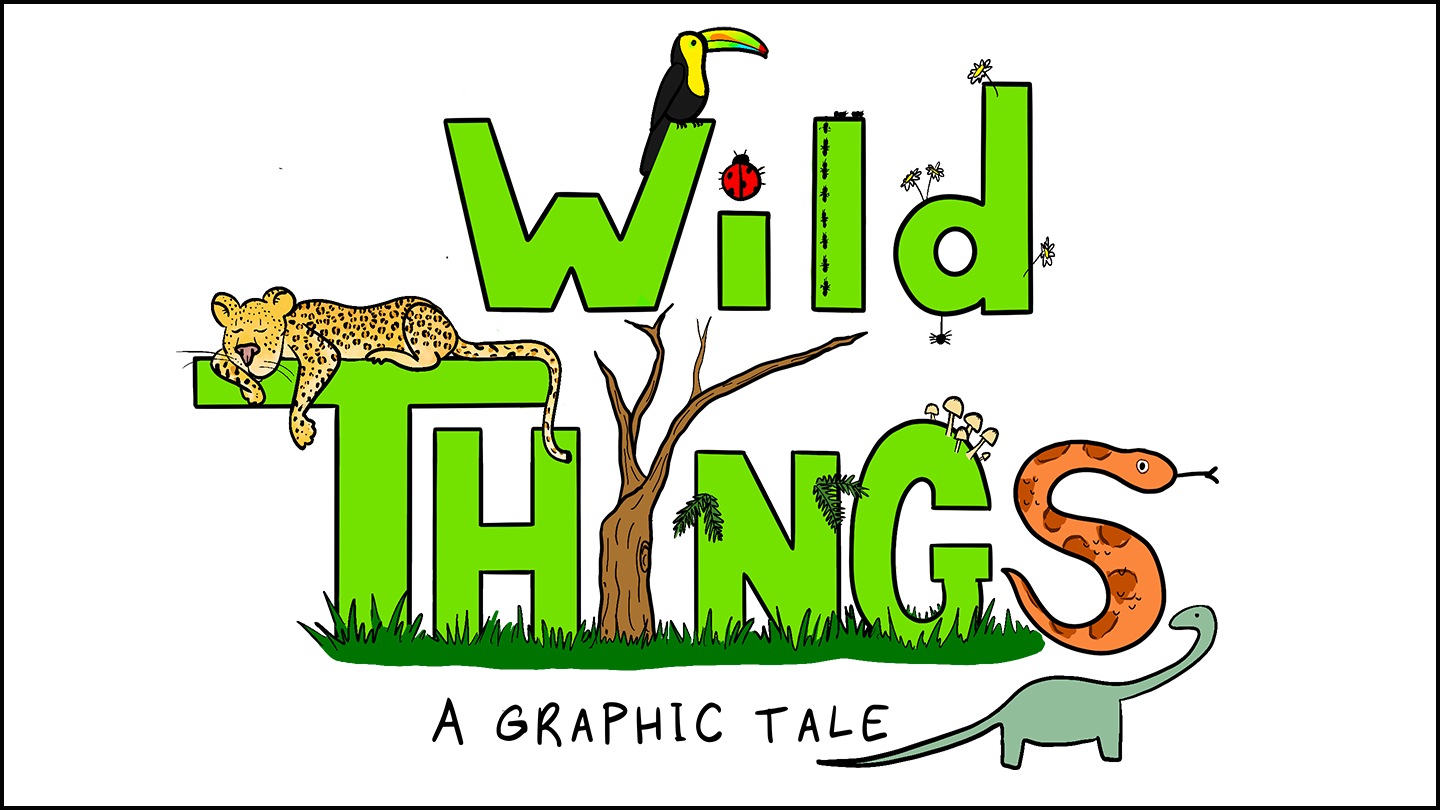cognition: The mental processes of thought, remembering, learning information and interpreting those data that the senses send to the brain.
cognitive: A term that relates to mental activities, such as thinking, learning, remembering and solving puzzles.
colleague: Someone who works with another; a co-worker or team member.
dolphins: A highly intelligent group of marine mammals that belong to the toothed-whale family. Members of this group include orcas (killer whales), pilot whales and bottlenose dolphins.
evolution: (v. to evolve) A process by which species undergo changes over time, usually through genetic variation and natural selection. These changes usually result in a new type of organism better suited for its environment than the earlier type. The newer type is not necessarily more “advanced,” just better adapted to the particular conditions in which it developed. Or the term can refer to changes that occur as some natural progression within the non-living world (such as computer chips evolving to smaller devices which operate at an ever faster speed).
family: A taxonomic group consisting of at least one genus of organisms.
field: An area of study, as in: Her field of research is biology. Also a term to describe a real-world environment in which some research is conducted, such as at sea, in a forest, on a mountaintop or on a city street. It is the opposite of an artificial setting, such as a research laboratory. (in physics) A region in space where certain physical effects operate, such as magnetism (created by a magnetic field), gravity (by a gravitational field), mass (by a Higgs field) or electricity (by an electrical field).
illusion: A thing that is or is likely to be wrongly perceived or interpreted by the senses.
livestock: Animals raised for meat or dairy products, including cattle, sheep, goats, pigs, chickens and geese. In some cases, farmed insects are referred to as mini-livestock.
native: Associated with a particular location; native plants and animals have been found in a particular location since recorded history began. These species also tend to have developed within a region, occurring there naturally (not because they were planted or moved there by people). Most are particularly well adapted to their environment.
optical: An adjective that refers to light or vision.
phenomenon: Something that is surprising or unusual.
primate: The order of mammals that includes humans, apes, monkeys and related animals (such as tarsiers, the Daubentonia and other lemurs).
species: A group of similar organisms capable of producing offspring that can survive and reproduce.
vertical: A term for the direction of a line or plane that runs up and down, as the vertical post for a streetlight does. It’s the opposite of horizontal, which would run parallel to the ground.








![In a test of the Delboeuf illusion, the researchers arranged veggies on a board over a small or large circle. Image: The woman wearing the purple shirt stands in a field, holding up a piece of cardboard to show a guanaco. The cardboard has two bunches of veggies stuck to it, as described above. The guanaco is thinking, “A little treat? I’ll take the large, please!” Text (below image): The animals went for treats on the smaller circle 73 percent of the time, hinting they saw that as the bigger snack. “They really perceive [these illusions] in the same way as humans," says team member Alina Schaffer. She studies ungulate cognition at the University of Leipzig.](https://www.snexplores.org/wp-content/uploads/sites/3/2025/05/1030_ungulate_comic_panel_6.png)
![Better understanding how ungulates experience the world may also encourage people to treat these pets and livestock well, Schaffer says. Image: The blonde boy in the art gallery looking at the Muller-Lyer illusion is joined by a white llama. The boy says, “Are you seeing this?” The llama says, “Dude, right?” Text (below image): “I think [people assume], ‘They’re just dumb animals without any feelings or any cognitive skills,’ but they aren’t,” Schaffer says. “They’re really intelligent…and they are maybe more similar to us than we think.”](https://www.snexplores.org/wp-content/uploads/sites/3/2025/05/1030_ungulate_comic_panel_7.png)







